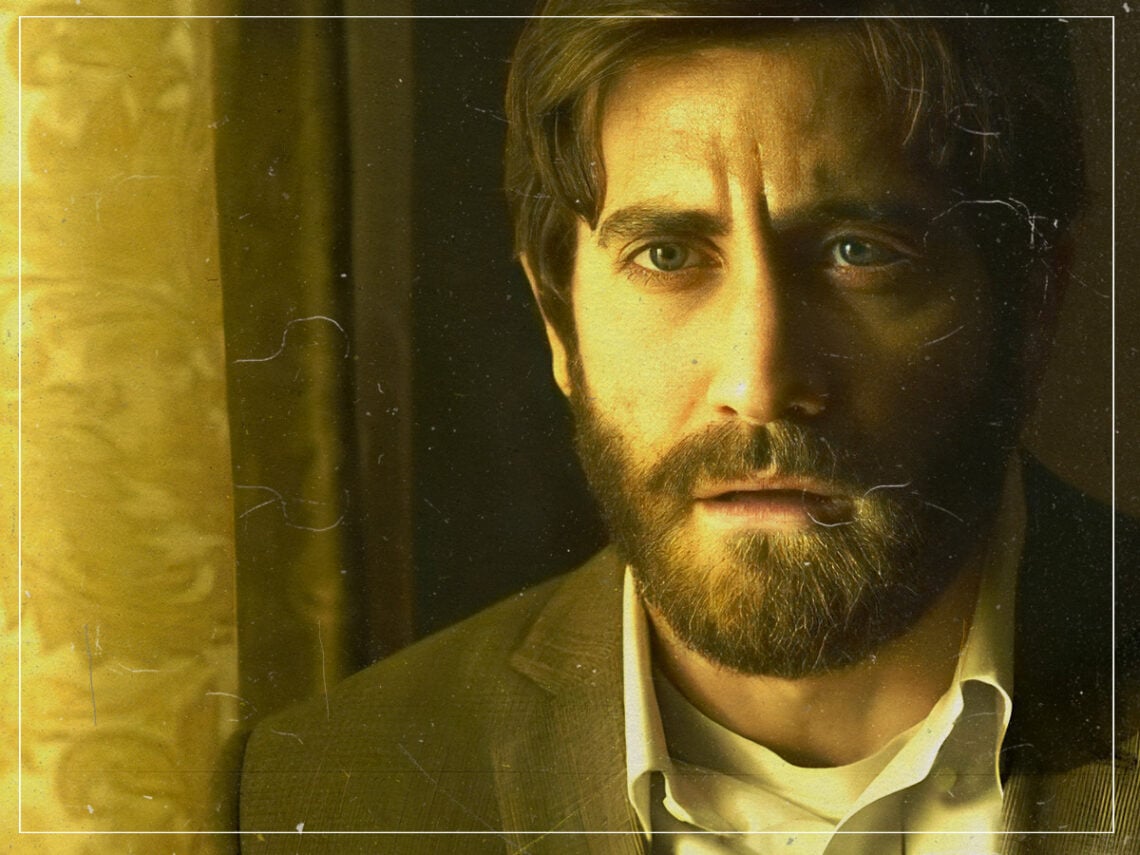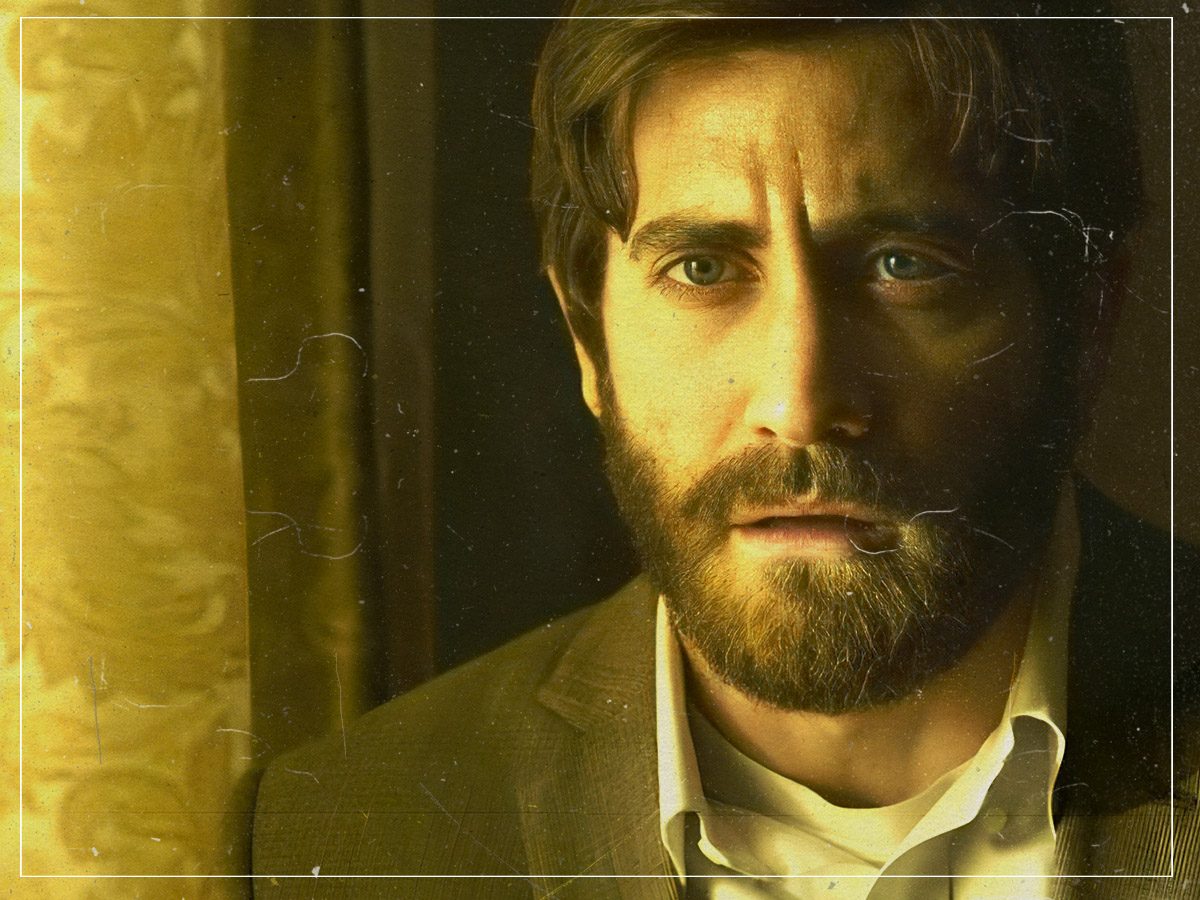
(Credits: Far Out / Entertainment One)
Sun 9 November 2025 11:00, UK
In 2004, Jake Gyllenhaal starred in the sci-fi action film The Day After Tomorrow, alongside Dennis Quaid, Sela Ward, Emmy Rossum, and Ian Holm, following his cult classic Donnie Darko but before his career-defining turn in Brokeback Mountain.
The Day After Tomorrow follows a paleoclimatologist on a mission to reach his son as extreme climate change launches the planet into a new Ice Age. Directed by Roland Emmerich and based on Art Bell and Whitley Strieber’s 1999 book The Coming Global Superstorm, The Day After Tomorrow was a box office success despite reviews decrying it as an awkward vehicle for its subject matter. However, it played a surprising role in the increasing awareness of climate change.
The Day After Tomorrow was, if nothing else, a blockbuster that addressed the matter on a basic, accessible level. Environmental activist and film producer Laurie David, who started her career booking talent for Late Night with David Letterman, told The Hollywood Reporter, “I was working on global warming issues, and when The Day After Tomorrow came out [in 2004], I was asked to moderate a panel discussion at the New York Society for Ethical Culture.”
The next part of David’s story is where it gets surreal: “Al Gore came onstage and presented five minutes’ worth of slides about global warming, and I was floored. My eyes welled up with tears. It was really clear: We had to make a movie.” Following his departure from the White House, Gore was continuously dedicated to tackling climate change. “I created a slide show on the climate crisis in the late 1980s,” says Gore, which became the basis for the famous documentary An Inconvenient Truth.
Future director Davis Guggenheim was soon approached by a pair of eager producers. “Lawrence Bender [co-producer] and Laurie David came in to pitch a movie about climate change, starring Al Gore,” says Guggenheim. “And I remember saying to them, ‘I don’t think this project has the right elements.’ A movie about a slide show made no sense to me.” Gore himself was also initially skeptical of what would be a game-changing project. “I had the notion that it would be next to impossible to turn a slide show into a movie,” says the former vice president.
“We all flew to San Francisco to convince him,” reports Guggenheim. “It was in a conference room at the Ritz-Carlton.” And convince him they did, allowing what THR describes as a “zeitgeist-shifting documentary” to come to fruition. The doc follows Gore as he raises awareness of the climate crisis, and went on to win the Academy Award for ‘Best Documentary Feature’ (with Guggenheim being the sole award recipient), as well as ‘Best Original Song’ going to Melissa Etheridge for “I Need to Wake Up.”
An Inconvenient Truth shook the world, and a year after its release, Gore and the Intergovernmental Panel on Climate Change (IPCC) were awarded the Nobel Peace Prize for their environmental activism work. The documentary was a critical tool in getting the message across to the public and certainly contributed to Gore’s win. The documentary may not have happened without Gyllenhaal’s The Day After Tomorrow—a fascinating lesson in how even critically panned art can affect real change.
Related Topics
